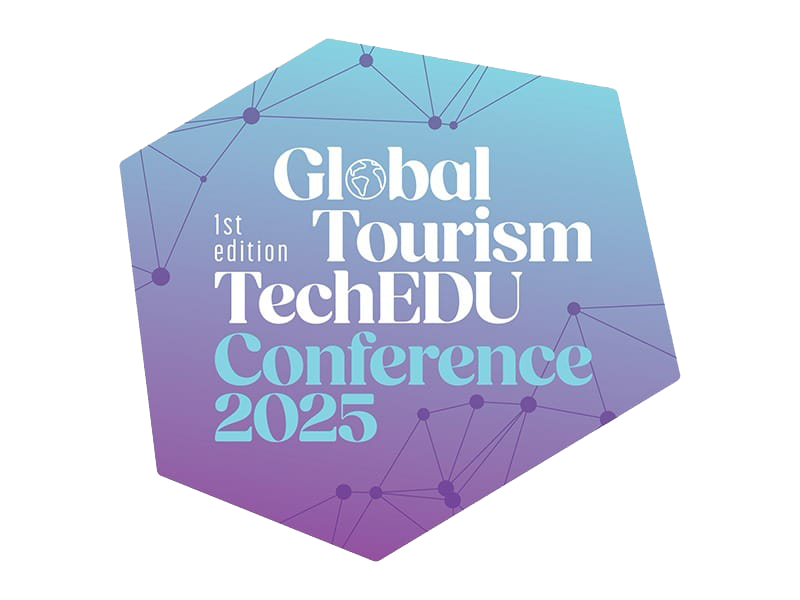Introduction: Breaking Down Academic Boundaries
Tourism is no longer a siloed field of study. Modern higher education recognizes that truly transformative tourism professionals require a holistic, integrated approach that seamlessly blends business acumen, cultural understanding, and sustainable practices.
The Convergence of Multiple Disciplines
1. Business and Management Integration
Strategic business principles become core to tourism education:
- Entrepreneurial Tourism Frameworks
- Developing innovative business models
- Understanding global market dynamics
- Creating sustainable tourism enterprises
- Strategic Management Approaches
- Advanced destination marketing strategies
- Financial sustainability in tourism
- Global competitive analysis techniques
2. Cultural Intelligence and Anthropological Insights
Deep cultural understanding becomes a critical competency:
- Cross-Cultural Communication Studies
- Analyzing global cultural nuances
- Developing sensitive interaction strategies
- Understanding cultural heritage preservation
- Anthropological Tourism Perspectives
- Examining tourism’s social impact
- Understanding traveler motivations
- Exploring cultural exchange dynamics
3. Sustainability and Environmental Sciences
Ecological understanding becomes fundamental:
- Environmental Systems Analysis
- Measuring tourism’s ecological footprint
- Developing regenerative travel strategies
- Understanding complex ecosystem interactions
- Sustainable Development Integration
- Aligning tourism with global sustainability goals
- Creating circular economy tourism models
- Balancing economic and environmental considerations
4. Technology and Digital Innovation
Technological perspectives transform tourism education:
- Digital Transformation Modules
- Integrating AI and machine learning
- Understanding digital customer experience design
- Developing technology-driven tourism solutions
- Data Science in Tourism
- Advanced analytics techniques
- Predictive traveler behavior modeling
- Creating data-driven tourism strategies
5. Psychological and Wellness Perspectives
Human experience becomes central to tourism understanding:
- Traveler Psychology Studies
- Understanding emotional travel experiences
- Analyzing motivation and satisfaction
- Developing holistic travel design approaches
- Wellness Tourism Integration
- Exploring mind-body-travel connections
- Designing transformative travel experiences
- Understanding holistic health tourism
Emerging Interdisciplinary Competencies
Students develop comprehensive skills:
- Adaptive strategic thinking
- Cultural sensitivity
- Technological proficiency
- Sustainable innovation approaches
- Holistic problem-solving capabilities
Collaborative Learning Ecosystems
- Cross-departmental research projects
- Integrated curriculum design
- Global knowledge exchange platforms
- Industry-academic partnerships
- Continuous learning frameworks
Conclusion: Education Without Boundaries
Interdisciplinary tourism education represents a new paradigm of learning—breaking down traditional academic barriers to create truly comprehensive professionals.
Key Interdisciplinary Insights:
- Boundaries between disciplines are dissolving
- Holistic understanding drives innovation
- Complexity requires integrated approaches
- Adaptability is the ultimate skill
Ready to become a multidimensional tourism professional?
Disclaimer: Interdisciplinary approaches continue to evolve. Curiosity and open-mindedness are key.


Leave a Reply